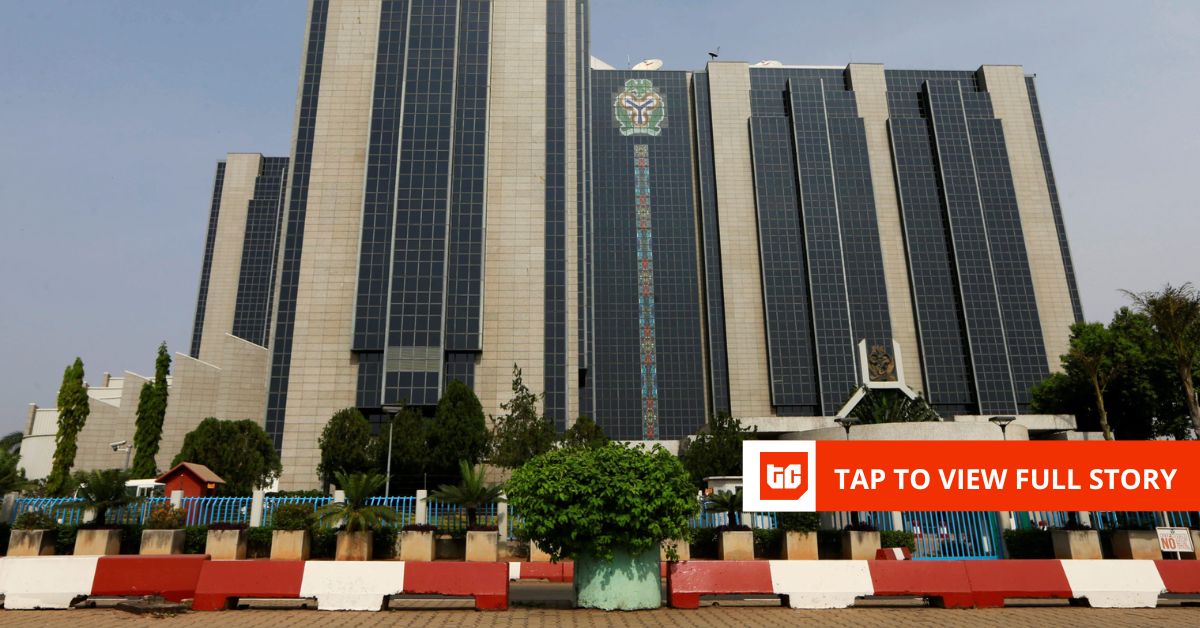Nigeria’s central bank held its benchmark interest rate steady at 27.50%, maintaining its policy stance for a second straight meeting as policymakers seek clarity on the inflation outlook.
The CBN also left the interest rate unchanged in February. The decision signals a cautious approach by Governor Olayemi Cardoso, who is balancing a need to lower inflation with the need to support an economy that is gradually winning back investor confidence.
The Monetary Policy Committee (MPC) voted unanimously to hold rates, citing relative improvements in some key macroeconomic indicators, including exchange rate stability and a gradual slowdown in fuel price increases, and decided that holding rates steady was the best course of action.
“Members also noted with satisfaction, progressive moderation in food inflation, and therefore commended the government for implementing measures to increase food supply as well as stepping up the fight against insecurity, especially in farming communities,” Cardoso said at a press briefing on Tuesday.
The decision to hold the interest rate was widely anticipated by analysts, who argued that further tightening could stifle business activity, while a premature cut might worsen inflationary pressures.
“The relative stability in price levels and exchange rate in recent months reduces the case for further tightening,” said Felicia Awolope, Senior Investment Research Analyst at Meristem. “ Furthermore, the committee will likely weigh persistent inflation risks, including the potential fallout from global trade tensions and tariff-related price pressures.”
“Additionally, with oil prices on the decline, FX inflows from crude exports could weaken, increasing the importance of keeping investor sentiment strong to sustain portfolio flows.”
Since the start of 2024, the CBN has raised the interest rate in an aggressive attempt to rein in inflation and stabilise the naira. This latest decision suggests the central bank is pausing to evaluate the impact of those hikes rather than committing to further tightening.
Headline inflation stood at 23.71% in April, but food price increases have slowed on a monthly basis. The naira has also strengthened in recent weeks, boosted by rising investor confidence and improved foreign exchange inflows.
“Holding the policy rate steady would help sustain foreign portfolio investment inflows, which are sensitive to interest rate differentials and currency stability, as this approach aligns with the CBN’s commitment to orthodox monetary policies aimed at price stability,” said Ola A, a banking and investment analyst.
With the next MPC meeting scheduled for July 21-22, investors will be watching for signals on whether the CBN maintains its hawkish stance or shifts toward easing if inflation shows signs of further moderation.
“The committee, however, acknowledged underlying inflationary pressures driven by high electricity prices, persistent foreign exchange demand pressure, and other legacy structure factors,” Cardoso said. “The committee also called on the fiscal authority to strengthen current efforts at enhancing foreign exchange, especially gas oil and non-oil exports.”
Crédito: Link de origem


